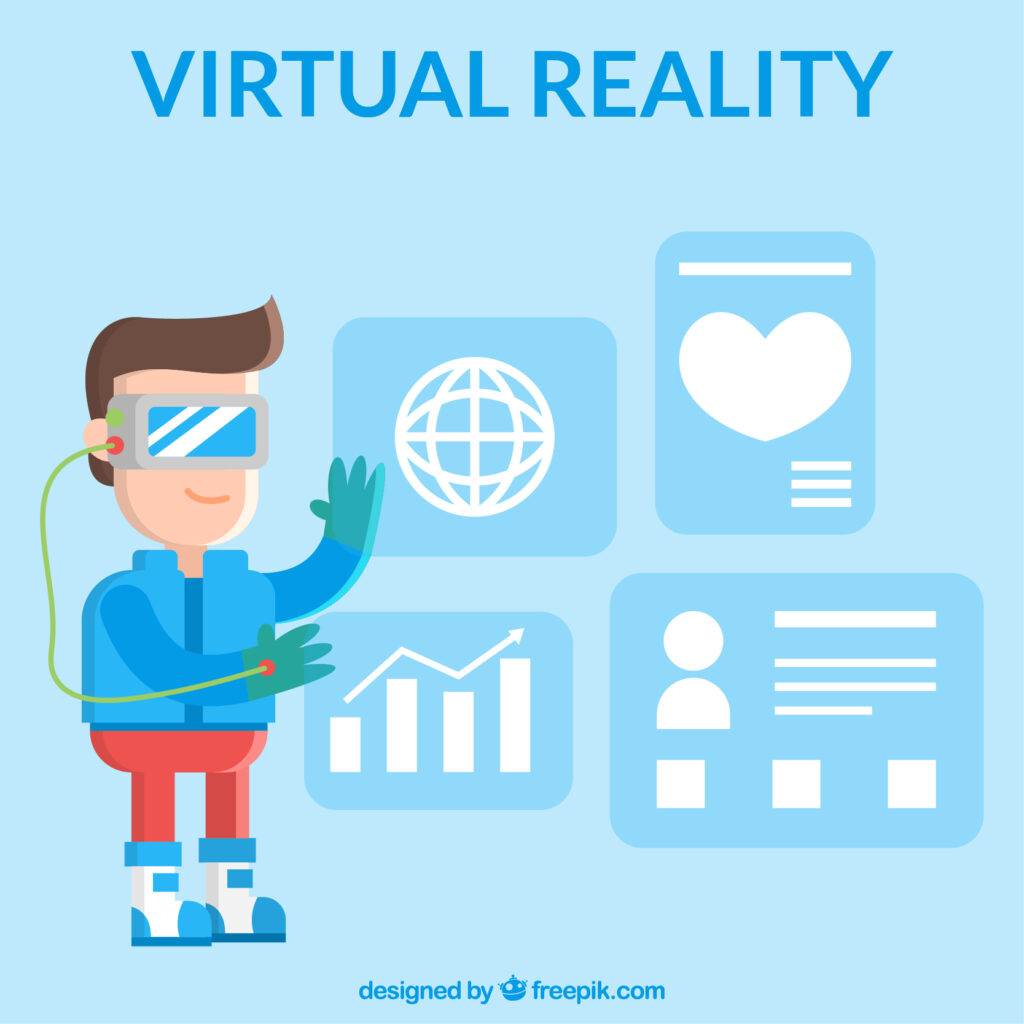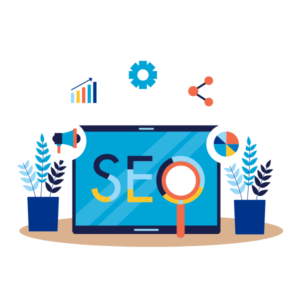Digital Marketing Growth in 2025: A Forecast
The digital landscape is evolving rapidly, and 2025 promises to be another year of significant growth and transformation for digital marketing. As businesses continue to embrace the power of online platforms, we can expect to see several key trends shaping the industry.
1. Artificial Intelligence (AI) and Machine Learning (ML)
AI and ML will play an even more prominent role in digital marketing strategies. Expect to see more sophisticated AI-powered tools for tasks such as:
- Personalized content recommendations: Algorithms will deliver highly tailored content to individual users based on their preferences and behavior.
- Predictive analytics: Businesses will use AI to forecast future trends, identify potential risks, and optimize their marketing campaigns.
- Chatbots and virtual assistants: AI-powered chatbots will provide enhanced customer support and engage with potential customers in more natural and human-like ways.
2. Voice Search Optimization
Voice search is gaining popularity, and businesses will need to adapt their content and SEO strategies to cater to this trend. This includes:
- Natural language optimization: Optimizing content for long-tail keywords and conversational queries.
- Voice-friendly content: Creating content that is easy to understand and listen to.
- Local SEO: Ensuring that businesses appear in local voice search results.
3. Augmented Reality (AR) and Virtual Reality (VR)
AR and VR technologies are becoming more accessible and affordable, offering new opportunities for immersive marketing experiences. Businesses can use AR and VR to:
- Product visualization: Allow customers to visualize products in their own environments.
- Virtual try-ons: Provide virtual fitting rooms for clothing and accessories.
- Interactive storytelling: Create engaging and memorable brand experiences.
4. Data Privacy and Ethical Marketing
As concerns about data privacy continue to grow, businesses will need to prioritize ethical marketing practices. This involves:
- Transparent data collection and usage: Clearly communicating how customer data is collected and used.
- Consent-based marketing: Obtaining explicit consent from customers before collecting and using their data.
- Data security: Implementing robust security measures to protect customer data.
5. Social Commerce

Social media platforms are increasingly becoming e-commerce marketplaces. Businesses can leverage social commerce to:
- Sell directly on social platforms: Offer products for purchase within social media apps.
- Leverage social proof: Use social media to build trust and credibility.
- Engage with customers: Interact with customers and address their questions and concerns.
6. Video Marketing
Video content continues to be a powerful marketing tool. Businesses can use video to:
- Educate and inform: Create informative videos that provide value to the audience.
- Tell stories: Use video to share brand stories and connect with customers on an emotional level.
- Demonstrate products: Show how products work and their benefits.
7. Influencer Marketing
Influencer marketing will remain a popular strategy for reaching target audiences. Businesses should focus on:
- Authentic partnerships: Collaborate with influencers who align with their brand values and target audience.
- Measure ROI: Track the performance of influencer marketing campaigns to assess their effectiveness.
- Diversify influencer strategies: Experiment with different types of influencers, including micro-influencers and nano-influencers.
In conclusion, the digital marketing landscape is constantly evolving, and businesses that stay ahead of the curve will be well-positioned for success in 2025. By embracing emerging technologies, prioritizing data privacy, and focusing on creating valuable content, businesses can effectively reach their target audiences and drive growth.










